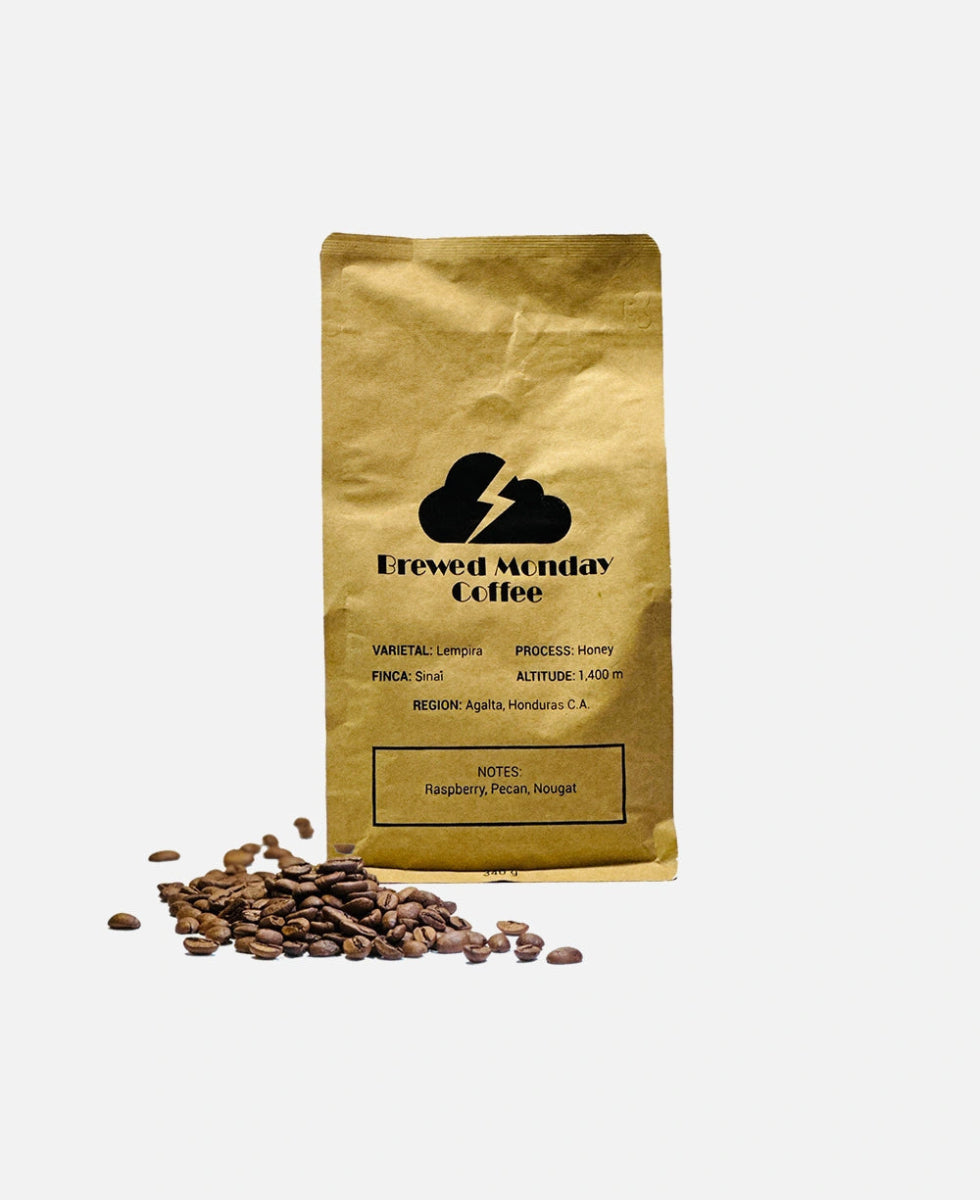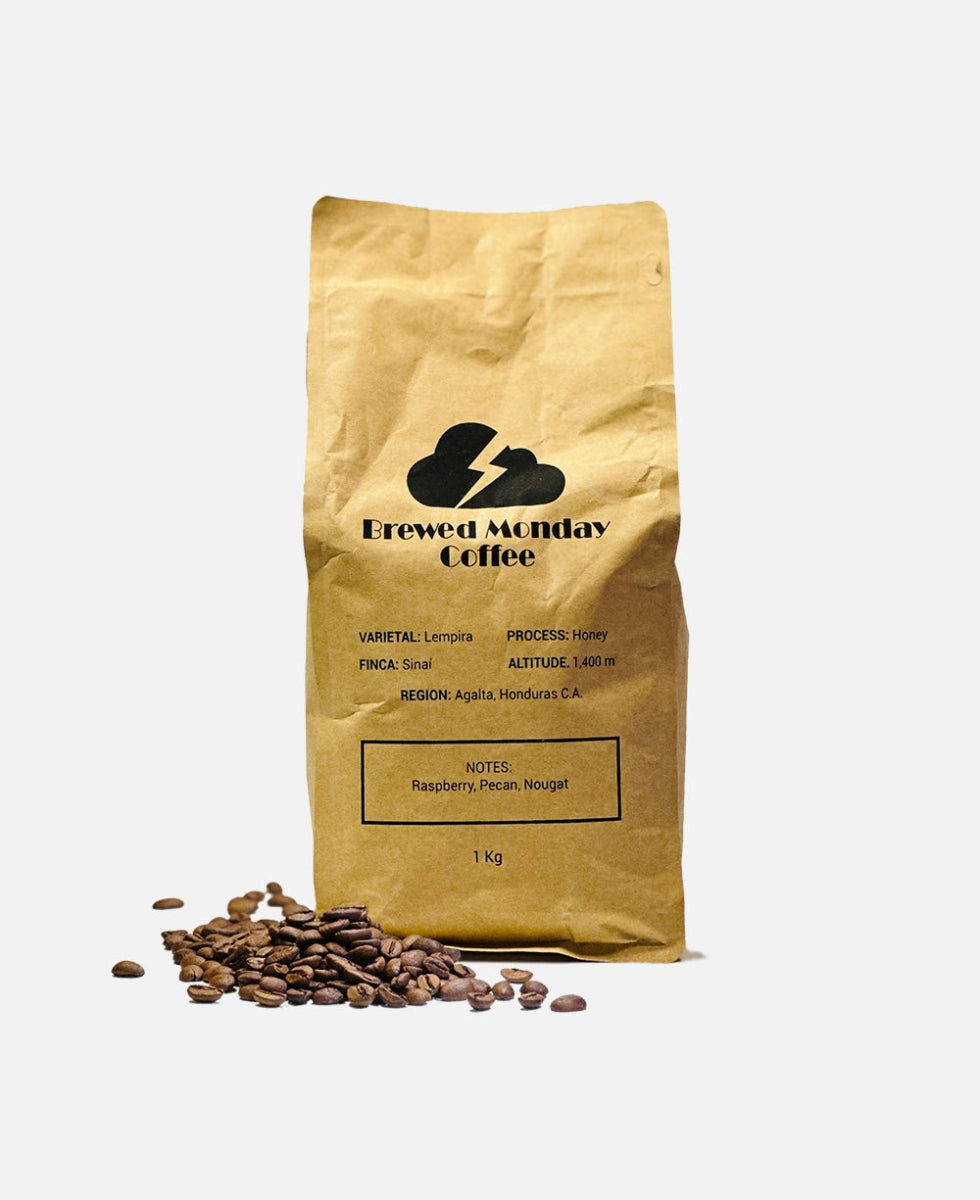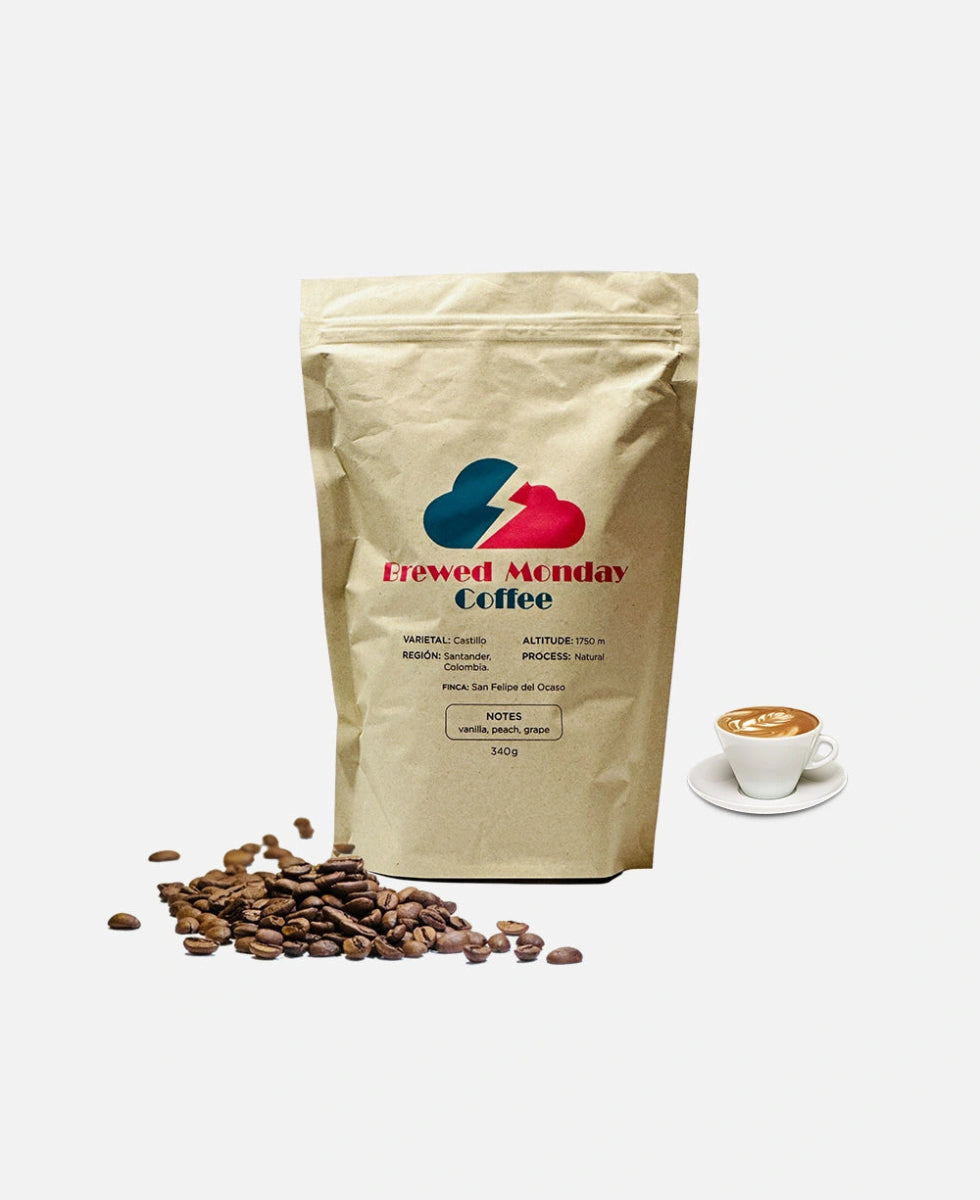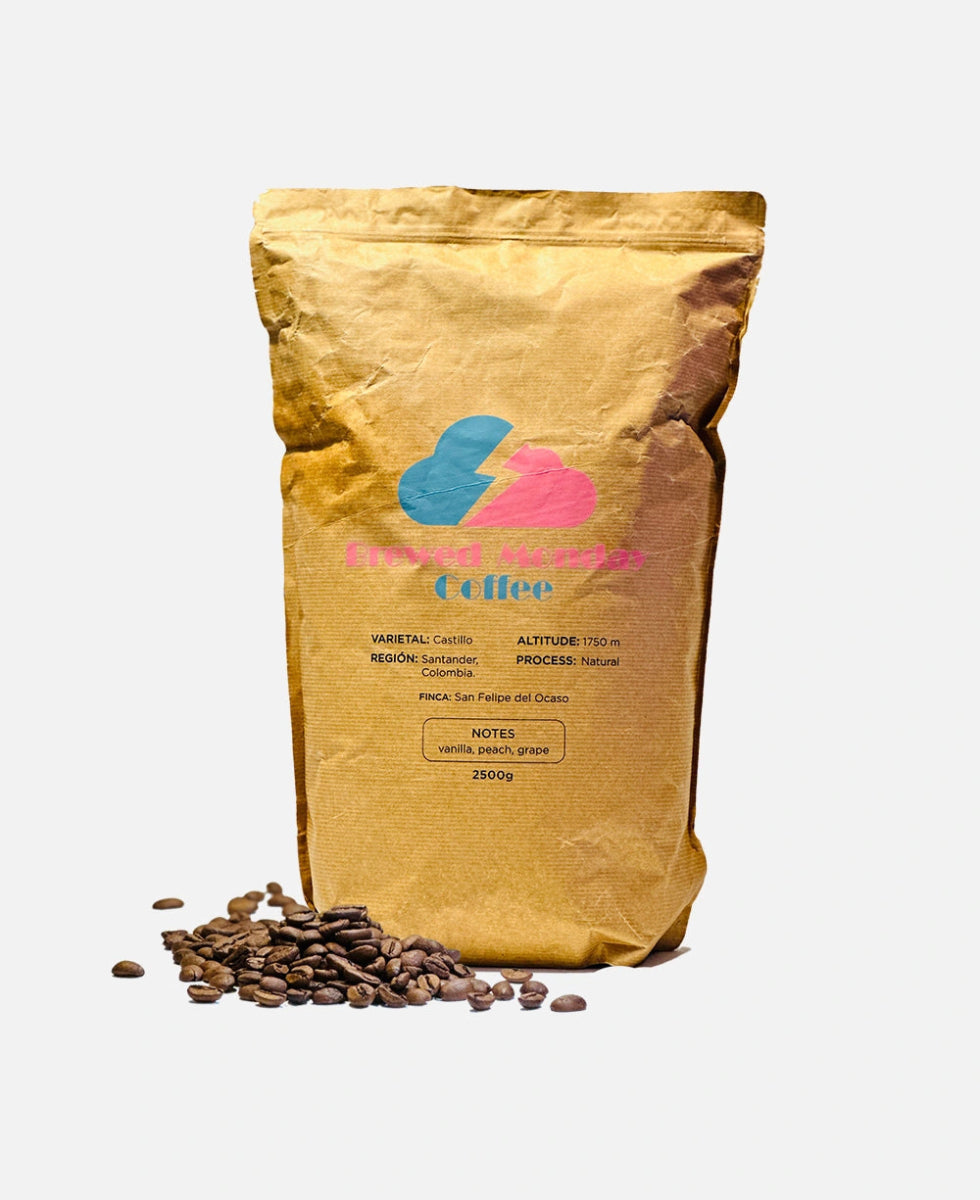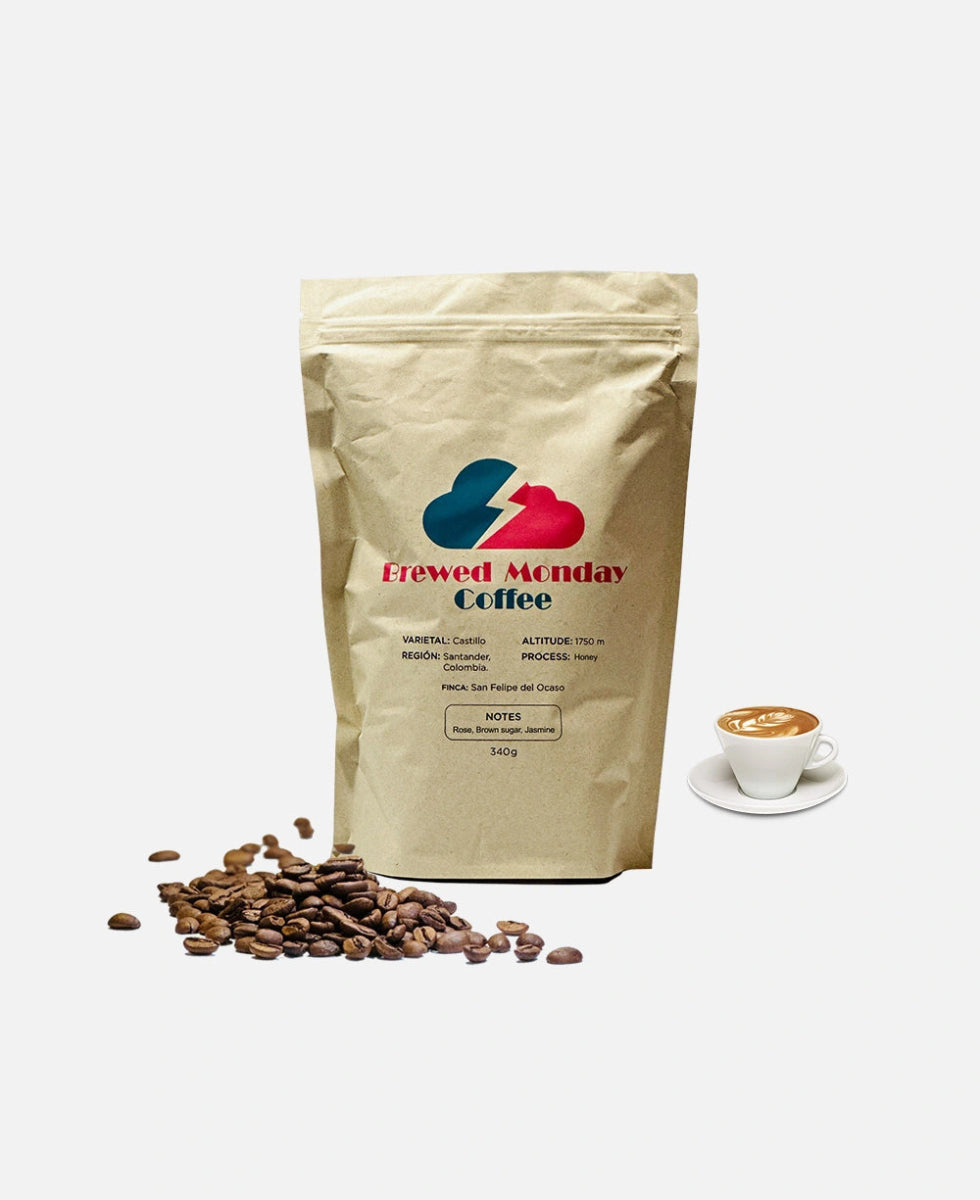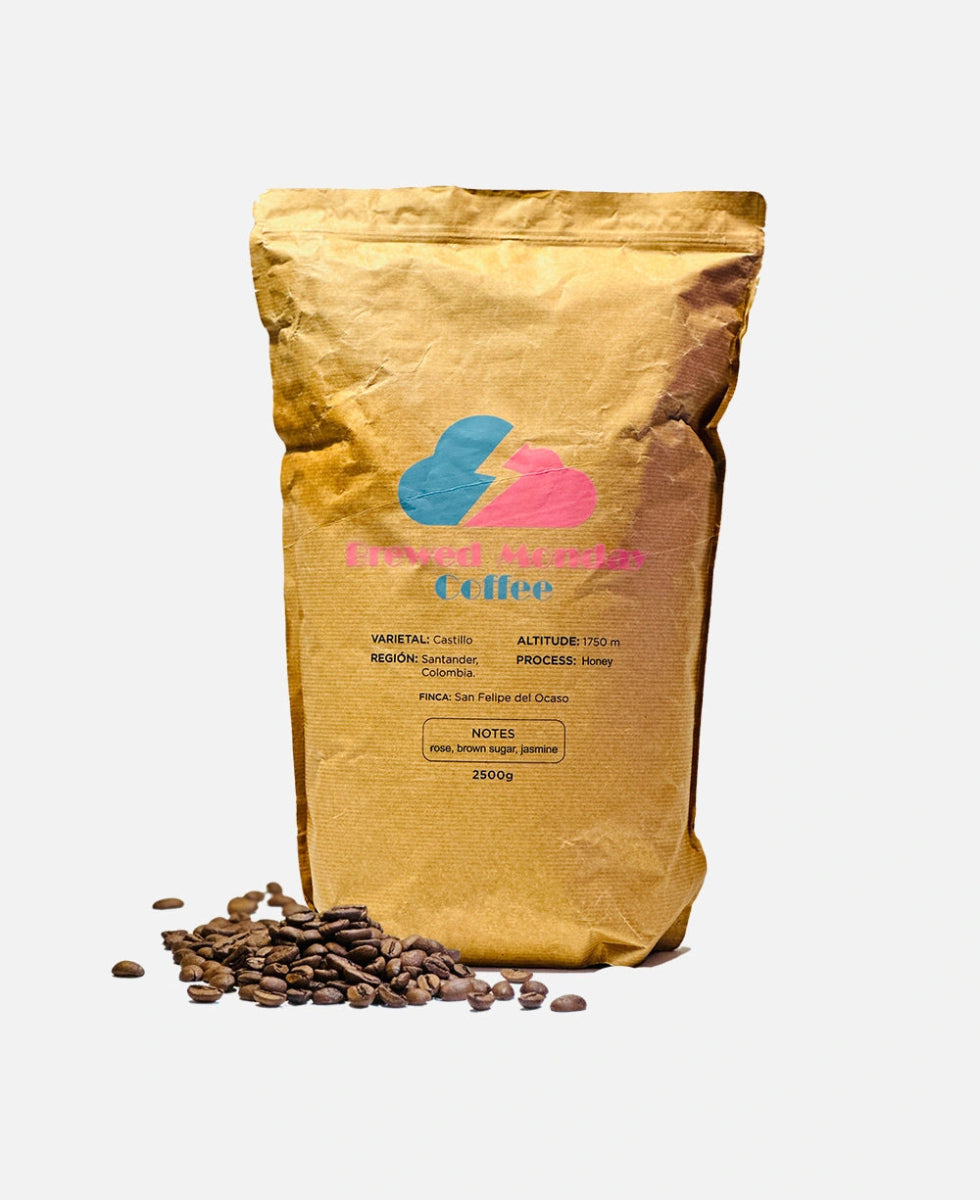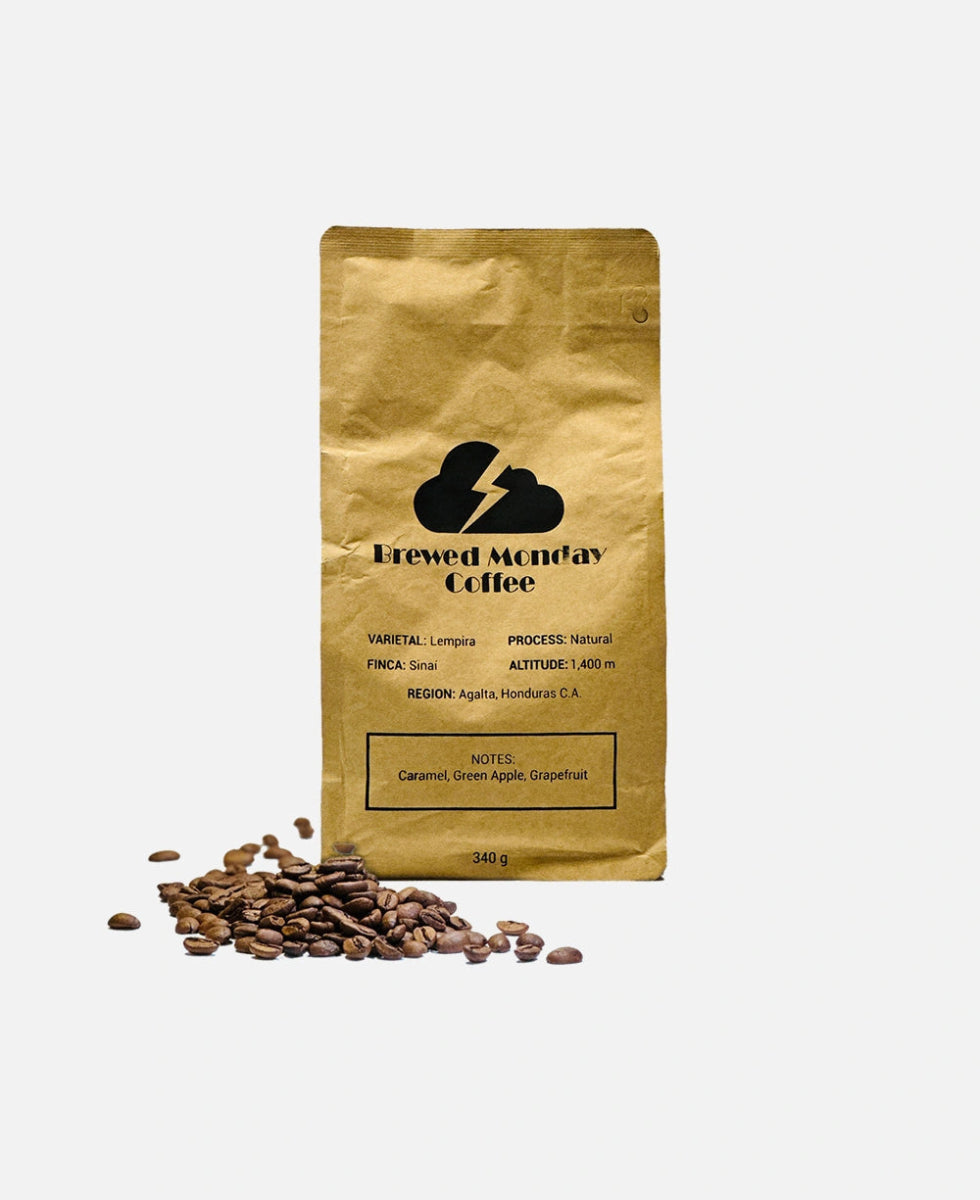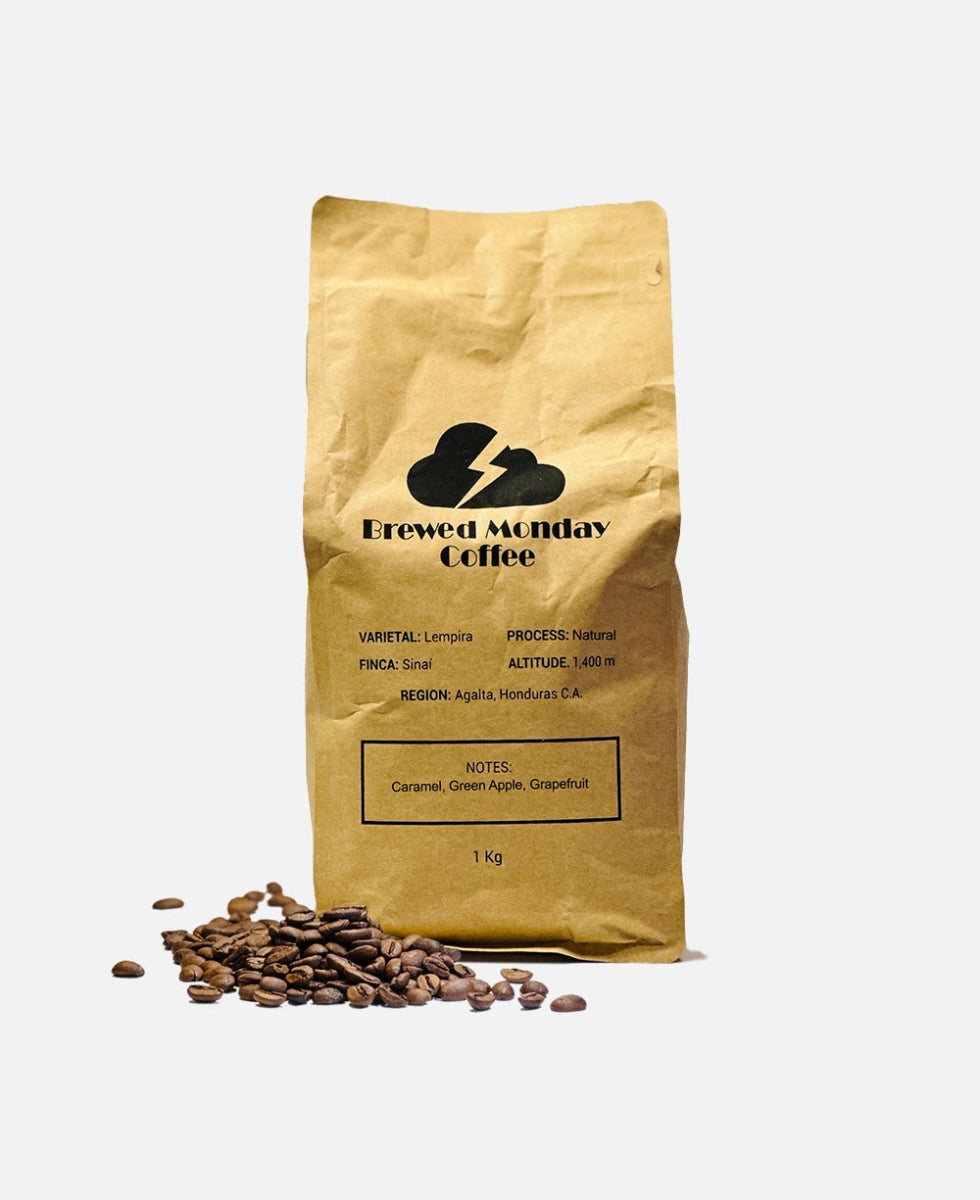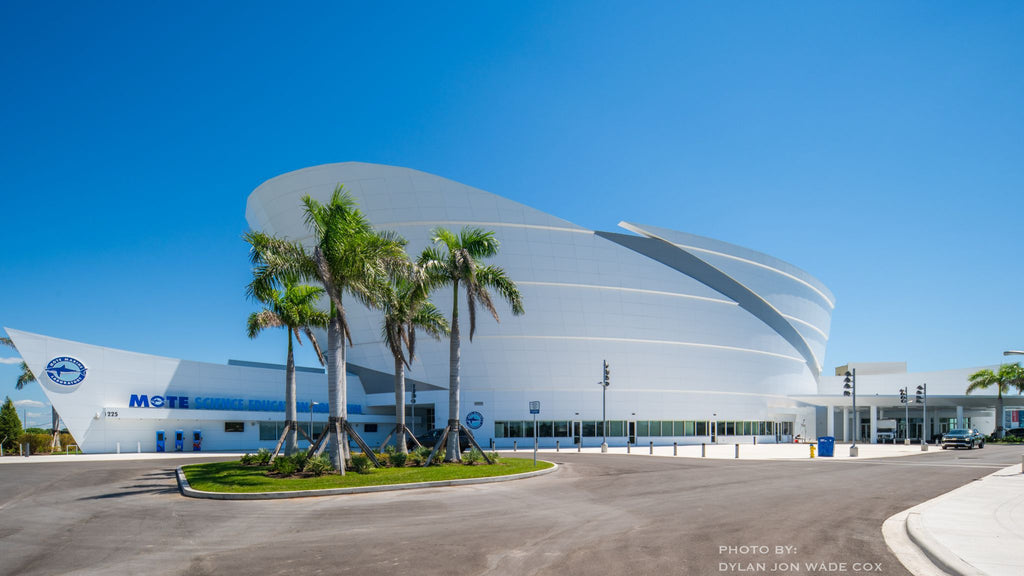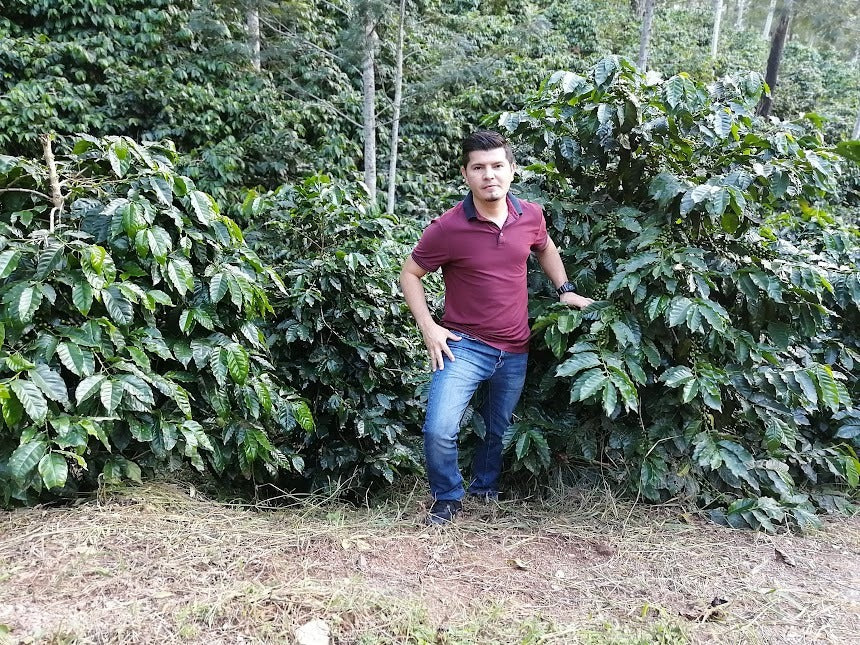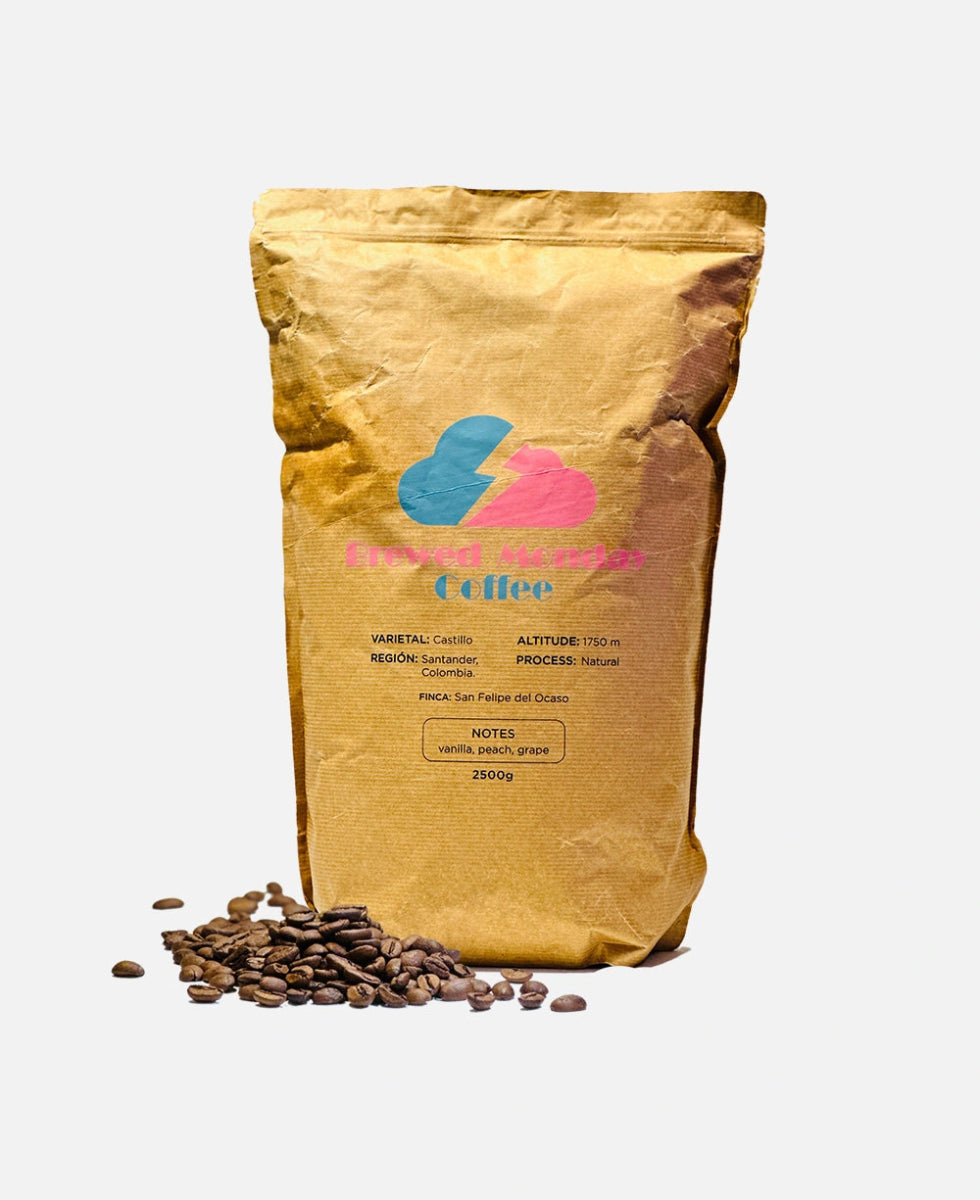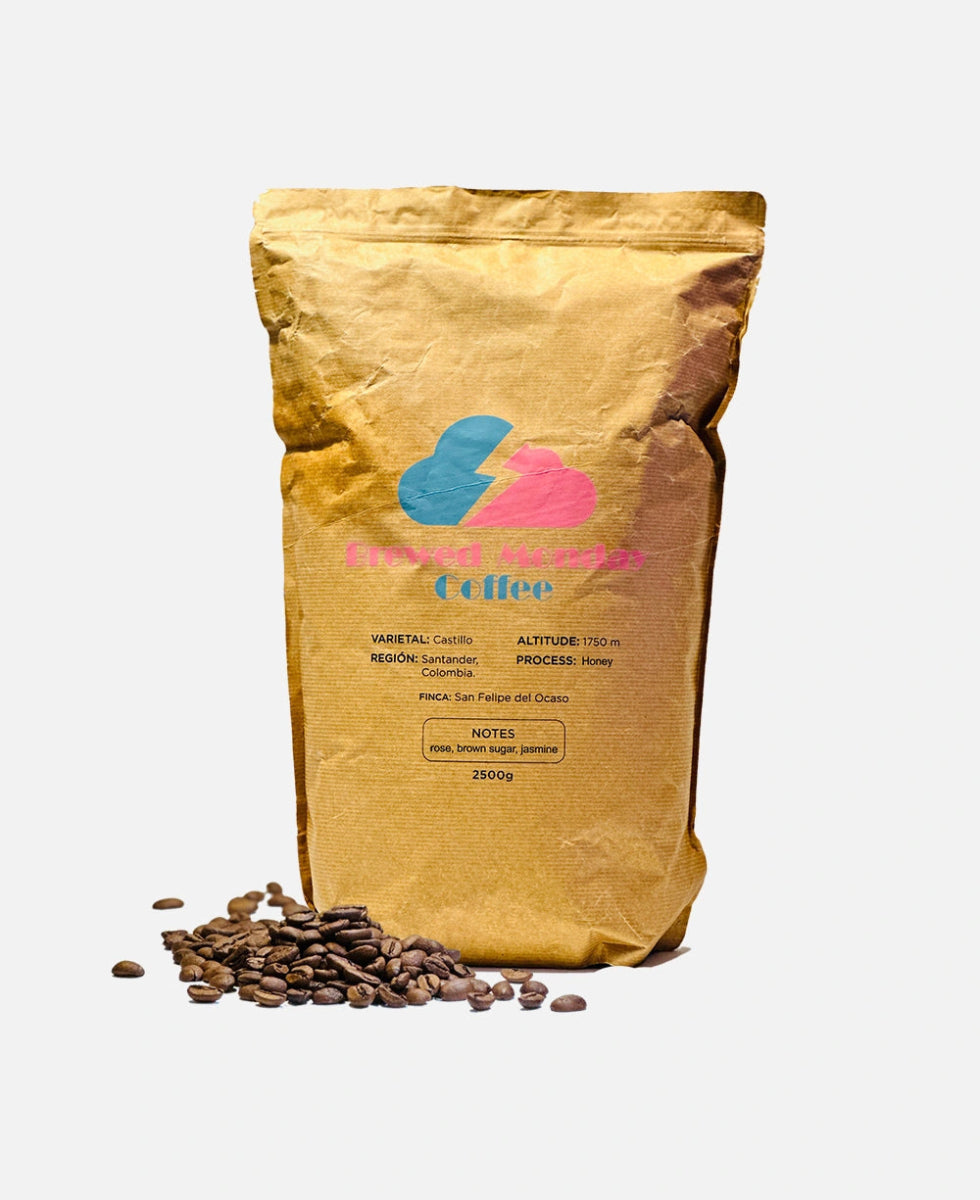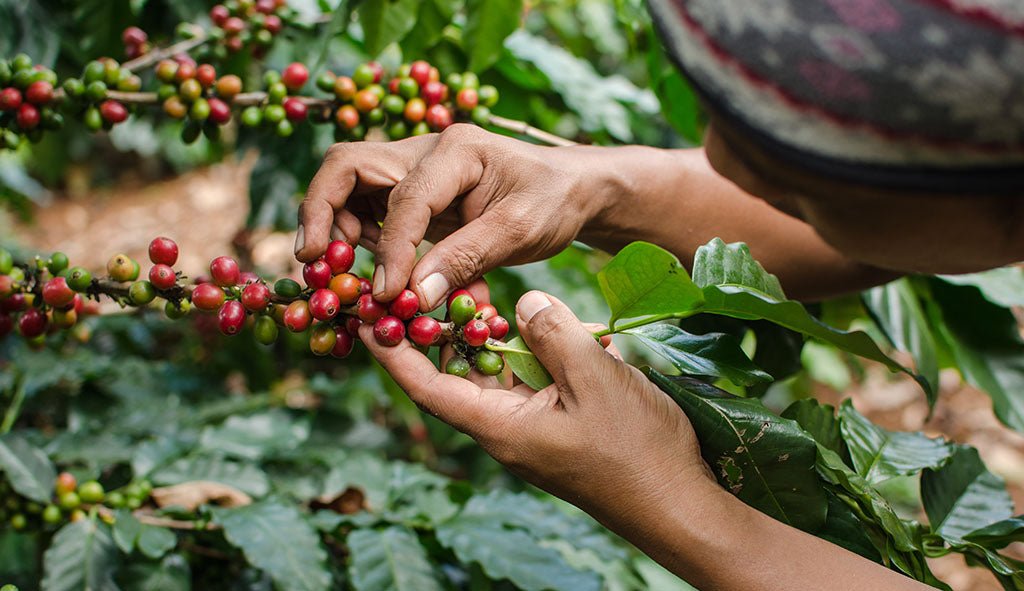
From Bean to Cup: The Journey of Organic Coffee and Why It's Worth It

Attention coffee lovers! Have you ever wondered about the journey your favorite cup of java takes before it reaches your lips? In this article, we'll take you on a fascinating journey from bean to cup, exploring the world of organic coffee and why it's worth every sip.
Organic coffee, grown without the use of synthetic pesticides or fertilizers, is not only better for the environment but also for your health. With its rich flavors and smooth taste, organic coffee provides a guilt-free indulgence for discerning coffee connoisseurs.
From the lush coffee plantations where the beans are carefully nurtured, to the expert roasting that brings out the distinctive flavors, each step in the process contributes to the final product.
But why choose organic coffee? Besides protecting the environment, organic farming supports sustainable agriculture and promotes biodiversity. Additionally, organic coffee farming often involves fair trade practices, ensuring that farmers receive fair compensation for their hard work.
So, whether you're a passionate coffee enthusiast or simply someone who enjoys a good cup of joe, join us as we delve into the fascinating journey of organic coffee and discover why it's a choice worth making.
What Makes Coffee Organic?
Organic coffee is grown without the use of synthetic fertilizers, pesticides, or herbicides. Instead, farmers rely on natural methods to protect their crops from pests and diseases. This includes using organic compost, shade-grown techniques, and natural pest control methods. By avoiding the use of harmful chemicals, organic coffee not only benefits the environment but also ensures a healthier and more flavorful cup of coffee.
The Journey Begins: Growing Organic Coffee
The journey of organic coffee starts on coffee farms located in regions with suitable climates and altitudes. These farms follow strict organic farming practices to cultivate coffee plants. The first step is to select high-quality coffee beans and plant them in nutrient-rich soil. Farmers carefully monitor the growth of the coffee plants, ensuring they receive adequate shade, water, and nutrients.
Unlike conventional coffee farming, organic coffee farms promote biodiversity by planting shade trees and other crops alongside coffee plants. This creates a natural habitat for birds and insects, which act as natural pest control agents. The use of organic compost and natural fertilizers further enriches the soil, creating a sustainable and eco-friendly farming system.
The Harvesting Process
Once the coffee cherries ripen, it's time for the harvest. Organic coffee cherries are hand-picked to ensure only the ripest ones are selected. This labor-intensive process requires skilled workers who carefully select each cherry, guaranteeing the highest quality beans.
After harvesting, the coffee cherries undergo a meticulous process to extract the coffee beans. This involves removing the outer skin, pulp, and parchment layer to reveal the green coffee beans. Organic coffee processing methods prioritize sustainability and minimize water usage, ensuring minimal impact on the environment.
Roasting and Brewing Organic Coffee
After the coffee beans are processed, they are ready for roasting. Organic coffee roasters take pride in their craft, carefully selecting the perfect roast profile to enhance the unique flavors of the beans. The roasting process requires precision and expertise to achieve the desired taste and aroma.
Once the coffee beans are roasted, it's time to brew a delicious cup of organic coffee. Whether you prefer a French press, pour-over, or espresso, the brewing method can greatly influence the final taste. Organic coffee is known for its rich, smooth, and well-balanced flavors, making it a favorite among coffee enthusiasts.
Why Organic Coffee is Worth It
Now that you understand the journey of organic coffee, you may be wondering why it's worth the extra cost. Here are a few reasons:
- Environmental Benefits: Organic coffee farming practices promote biodiversity, protect natural resources, and reduce pollution. By choosing organic coffee, you are supporting a sustainable and eco-friendly industry.
- Health Benefits: Organic coffee is free from harmful chemicals, making it a healthier choice for you and the farmers who grow it. It's also rich in antioxidants and nutrients, providing potential health benefits.
- Superior Taste: Organic coffee often exhibits unique and complex flavors due to the careful cultivation and processing methods. The attention to detail at every step of the journey results in a truly exceptional cup of coffee.
Next time you sip a cup of organic coffee, take a moment to appreciate the journey it has taken from bean to cup. By choosing organic, you are not only indulging in a delicious beverage but also supporting sustainable farming practices and the well-being of coffee-growing communities.
The Future of Organic Coffee and Its Impact on Sustainability
As consumer awareness and demand for organic products continue to rise, the future of organic coffee looks promising. The organic coffee industry plays a crucial role in promoting sustainable agriculture and protecting the environment.
By choosing organic coffee, you are supporting farmers who prioritize sustainable farming practices, fair trade, and the preservation of biodiversity. This not only benefits the coffee industry but also contributes to a more sustainable and resilient future for our planet.
Embracing organic coffee is a small but impactful step towards creating a more sustainable world. So, the next time you sip on a cup of organic coffee, savor the flavors and appreciate the journey it took to reach your cup. Cheers to the bean-to-cup journey of organic coffee and the positive impact it has on our planet and our well-being!
Why Choosing Organic Coffee is a Worthwhile Choice
From cultivation to processing, organic coffee undergoes a meticulous journey that ensures the highest quality and taste. But beyond its superior flavor, organic coffee offers numerous benefits that make it a worthwhile choice for both coffee lovers and the planet.
By choosing organic coffee, you are supporting sustainable farming practices that protect the environment, promote biodiversity, and mitigate climate change. You are also prioritizing your health by avoiding exposure to harmful chemicals found in conventionally grown coffee.
Furthermore, organic coffee often goes hand in hand with fair trade practices, ensuring that farmers receive fair compensation for their hard work and have access to better living conditions. By purchasing organic coffee, you are contributing to a more equitable and inclusive coffee industry.
So, the next time you brew a cup of coffee, consider reaching for organic coffee beans. By making this simple choice, you are making a positive impact on your own well-being and the well-being of coffee farmers, the environment, and future generations. Cheers to the journey of organic coffee and the delicious cup that awaits!

